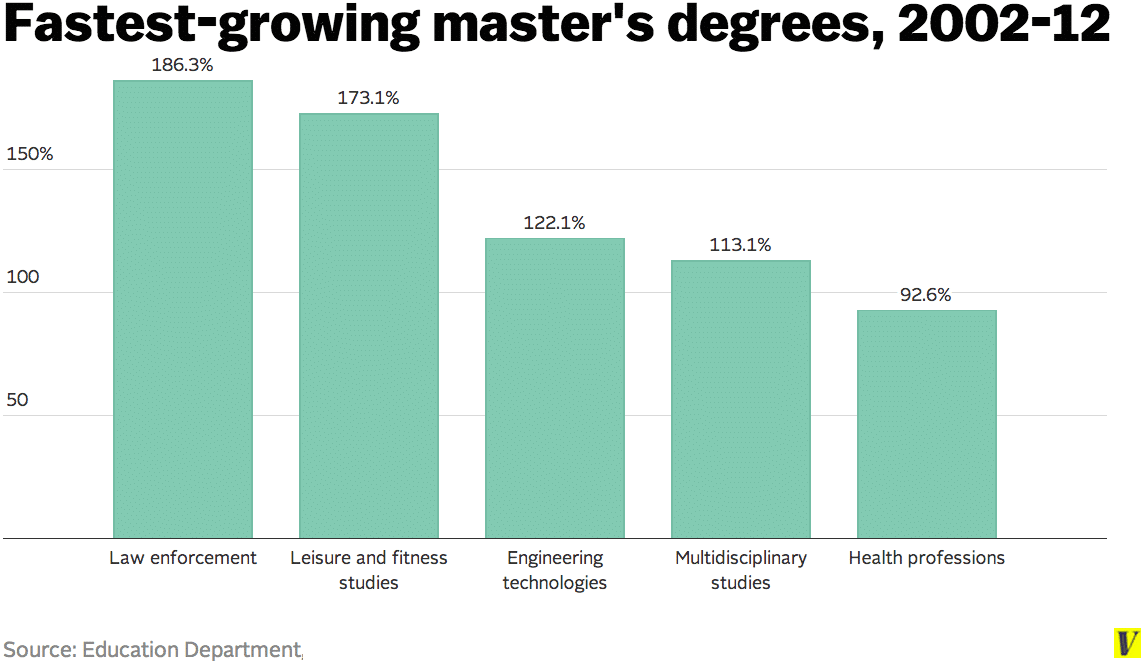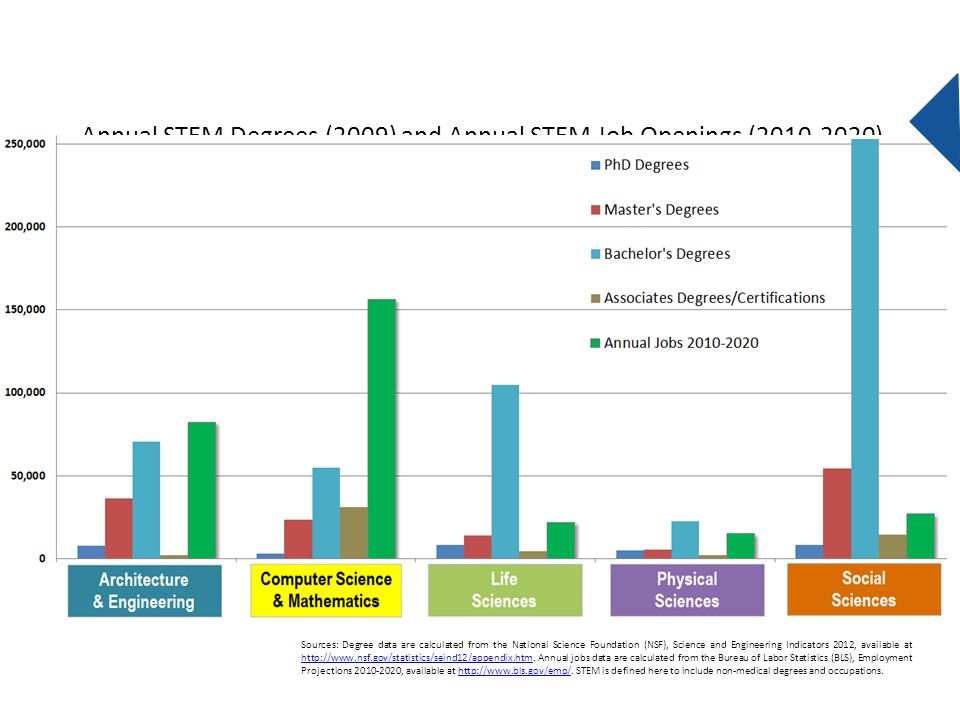

College curriculums: the choices offered to students only continues to expand, reflecting changing needs and social dialectics in the arena of education.
Our colleges need to keep pace with the changing world. After all, if one of the primary purposes of a college degree is to prepare us to take our place in that world then if the degree is out of date and irrelevant, it is not fit for purpose?
That is not to suggest that traditional subjects should be abandoned merely because they are regarded as being old-fashioned because another role of our colleges is as repositories of knowledge.
People still study Shakespeare, classical art, Latin and medieval languages even in the era of digital technology. But colleges also need to add to their repertoire of disciplines and teaching approaches.
In responding to world politics, changing social mores, new developments in art and literature, new perspectives on history and of course the onward march of science and technology, college curriculums must respond by adding new course options as well as adopting new approaches and methodologies to keep existing subjects fresh and relevant.
New fields of interest
Also driving change is the changing interests and ambitions of new generations of students. Subjects like environmental studies are increasingly popular, while in languages Chinese and Japanese are becoming more popular than the European languages that previously dominated the curriculum, largely because of the growing importance of those nations in global economics. Subjects like East Asian Studies also reflect the increased awareness of previously marginalized cultures.
Some new courses emphasize interdisciplinary studies. Climate change studies not only look at a relatively new, and still controversial, area of research but combines political and earth science with ecology, anthropology and other disciplines.

Active learning
A modern curriculum has to recognize the diverse backgrounds, abilities, interests, and motivations of students, as well as the skills, experience and values of teachers. It can be as much about resources, methodologies and assessment methods as the choice of content.
Active learning as a methodology has taken over from the rote learning and passive reading of set texts that was once the norm. When students are actively involved in the intellectual process of discovery they are more engaged, work harder and retain a more thorough grasp of the subject. They also acquire transferable learning skills which will stand them in good stead in their future education and career path.
Flexible subjects
As such, even traditional subjects are becoming more flexible to emphasize learning skills, analysis and discussion over the acquisition of bulk facts. That perhaps reflects how in the modern world we have a vast surplus of information at our fingertips, but often lack the skills to process, analyze and make practical use of this raw data. Discussion based active learning is harder work, but it turns out a rounded, capable student that is more likely to be accepted at a graduate or medical school.
Better understanding
This move towards how information is used also informs new course subjects like health informatics: using information and technology to provide better patient care and healthcare solutions.
Again, this is an interdisciplinary course, drawing on both medical and IT disciplines. Sudir Raju is the executive vice president of a health informatics firm in Maryland, but comes from a business background, with a degree in engineering and a master’s degree in business administration and computer systems management.
Increasingly navigating a successful career requires an individual to develop what could be called character skills- global cultural awareness, critical thinking, problem-solving and excellent communication abilities. While specialized skill sets are still valued, specialization can also be limiting. Today’s curriculum looks to develop these transferable skills that are often more important to future employers than the actual subject studied.

The return of the all-rounder
The idea of the core curriculum that every student should study to receive a college education fell away in the 20th century to be replaced by an elective system whereby each student could focus on a subject of their choice. That, in turn, led to both a widening of the range of subjects on offer and an increasing specialization on the part of the students.
The idea of an “all-round education” became mostly redundant. General education still pays lip service to the idea of a core curriculum, but students usually take the bare minimum of interest in these compulsory extra subjects while pursuing their major. But in today’s fluid career marketplace where few have a job for life and moving between sectors is more common, the idea of the all-rounder is once again relevant. Employers look for adaptable, intelligent graduates who can take on a multitude of roles.
Today’s college curriculum reflects the changing modern world in many ways; the increased diversity of students, economic imperatives and new developments in science, humanities and the arts all play their part. What is most important, however, is that the curriculum is regularly reviewed to continue to meet changing needs. It must reflect not only the times we live in today, but also help shape the times we will live in tomorrow.






